LET THE DOCS TALK
Local healthcare workers are questioned about COVID-19
Veronica Karhu and Heritage Health Center
From left, school nurse Veronica Karhu and physician’s assistant Joseph Davidson are pictured.
Park County School District #1 nurse Veronica Karhu and Heritage Health Certified Physician Assistant Joseph Davidson responded to questions collected in a series of interviews with PHS students.
Here are the questions and their answers:
QUESTION: In your opinion, how often do you think people have COVID-19 symptoms but don’t report it?
ANSWER:
Davidson: Often many people get COVID19 but do not show any symptoms … Some people may only have minor symptoms and never get tested. So the actual amount of COVID-19 cases in schools and the community are probably much higher than what is reported.
Karhu: Many students come to school with [Covid] symptoms every day; when you start to have two or more of these symptoms you should suspect COVID. The only way to know is to take a test.
QUESTION: Should young people worry about new variants?
ANSWER:
Davidson: The delta variant has caused a lot of recent outbreaks. In some studies, the delta variant has been considered more contagious and [causes] somewhat more serious illness than original strains. This is even the case in younger people, though in general, serious illness in younger people is rare.
Karhu: Yes and no. The answer is very complex. [Variants] have been around long before COVID-19. COVID-19 started out as a variant. The reason it is called a Novel Corona Virus is because it is new. Every year we have a new variation of a flu virus, and that is why we get a flu shot every year. Boosters are not a new idea. You get boosters to “re-new or boost” your immune system response.
QUESTION: If my [sibling] catches Covid, [should I] put [a mask] on and [go to school]?
ANSWER:
Davidson: The Wyoming department of health recommends that if you are exposed to a sibling or household member with COVID-19 and you are not vaccinated, that you should quarantine at home for 14 days and monitor for symptoms of COVID-19.
Karhu: Yes, only if you are fully vaccinated. You can take a test anytime if you don’t want to wear a mask. (Depending on availability of nursing staff and testing supplies)
QUESTION: If someone contracts Covid-19, do you think there will be long term effects from it?
ANSWER:
Davidson: Some individuals can get long term effects from COVID-19, in fact this is often called “Long COVID” or Post COVID-19. Symptoms like fatigue, shortness of breath, headache, difficulty concentrating can last for weeks or months after your infection. Some people get even more serious effects or organ damage. While it is more common in adults, some children can get Long COVID as well.
Karhu: For some people, unfortunately, yes [there will be long term effects.] Some people have stroke symptoms, or permanent heart damage. The range of long-term effects are still being discovered.
QUESTION: [What are the] guidelines that [say] how long you stay home?
ANSWER:
Davidson: Different businesses or schools may have different guidelines for sending kids or workers home, but If you have symptoms of COVID-19, even if you are vaccinated, you should stay home from work or school [and] you should consider getting tested as well.
Karhu: Stay home if you are not feeling well. If you are at school and you start feeling poorly, come to the nurse’s office. If we get permission from a parent, we can do a rapid COVID test. If you have 2 or more symptoms or if you lose your sense of taste and smell you are going to be sent home. You should stay home until you are 24 hours symptom free & fever free without the use of medications that mask your symptoms- like tylenol or ibuprofen, or cold medicines.
QUESTION: Is it safe to attend events like concerts or big outdoor gatherings?
ANSWER:
Davidson: Yes, it is okay to attend large gatherings if you can do it safely … You are at less risk of contracting COVID-19 from outdoor events, but should still consider a mask if you are sitting very close together with others. But, I recommend trying to avoid large crowds in general if possible.
Karhu: Safe is a relative term. Is it safe to cross the street in downtown Powell? Is it safe to cross the street in LA? One is safer than the other. Is it safer if you have been vaccinated- yes. Is it even more safe if you are going with a group of friends that have been vaccinated- yes. Is it safer still if the concert is outside and you can distance your group from other groups- yes.





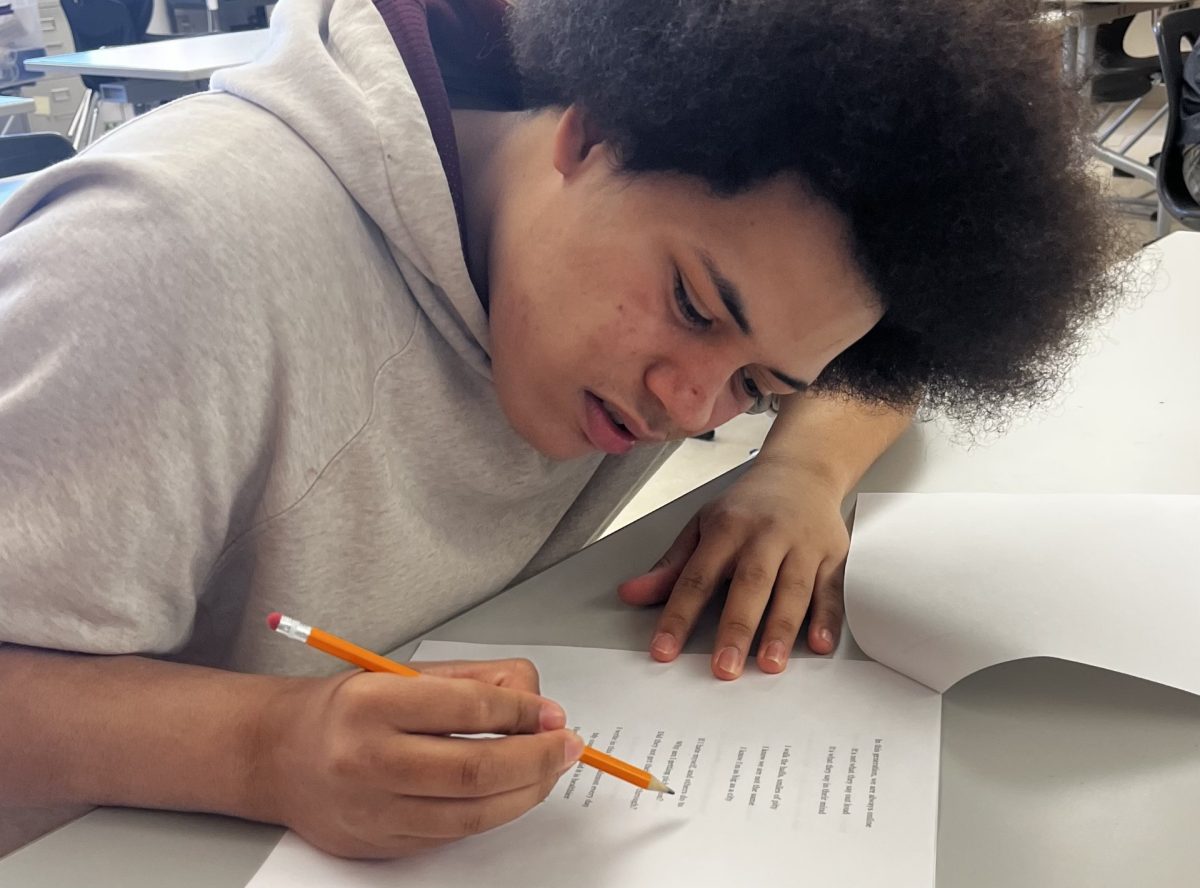

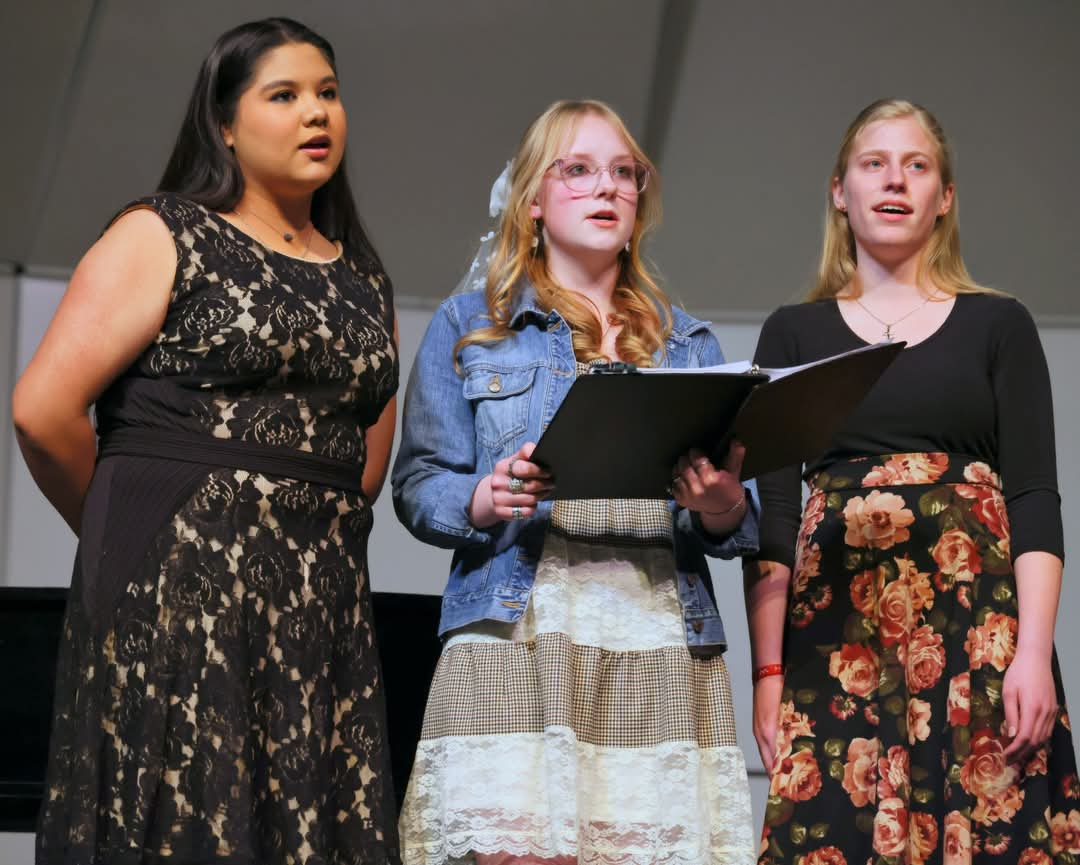
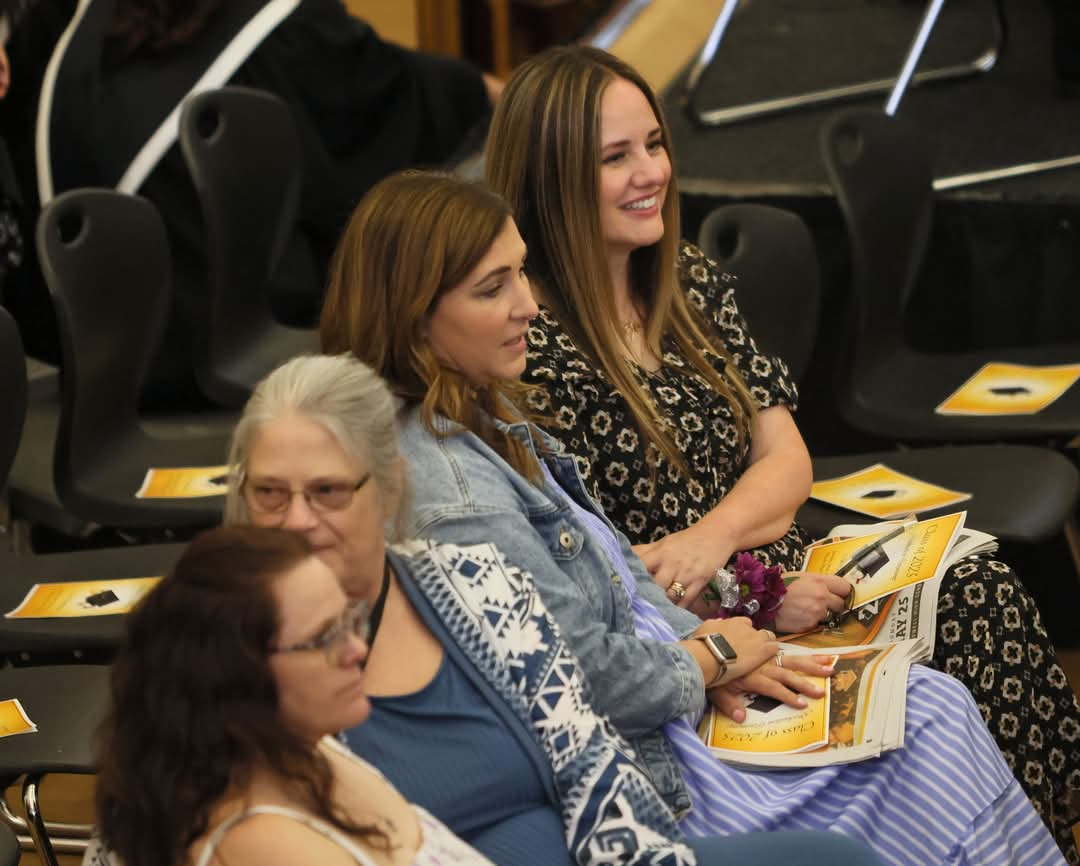
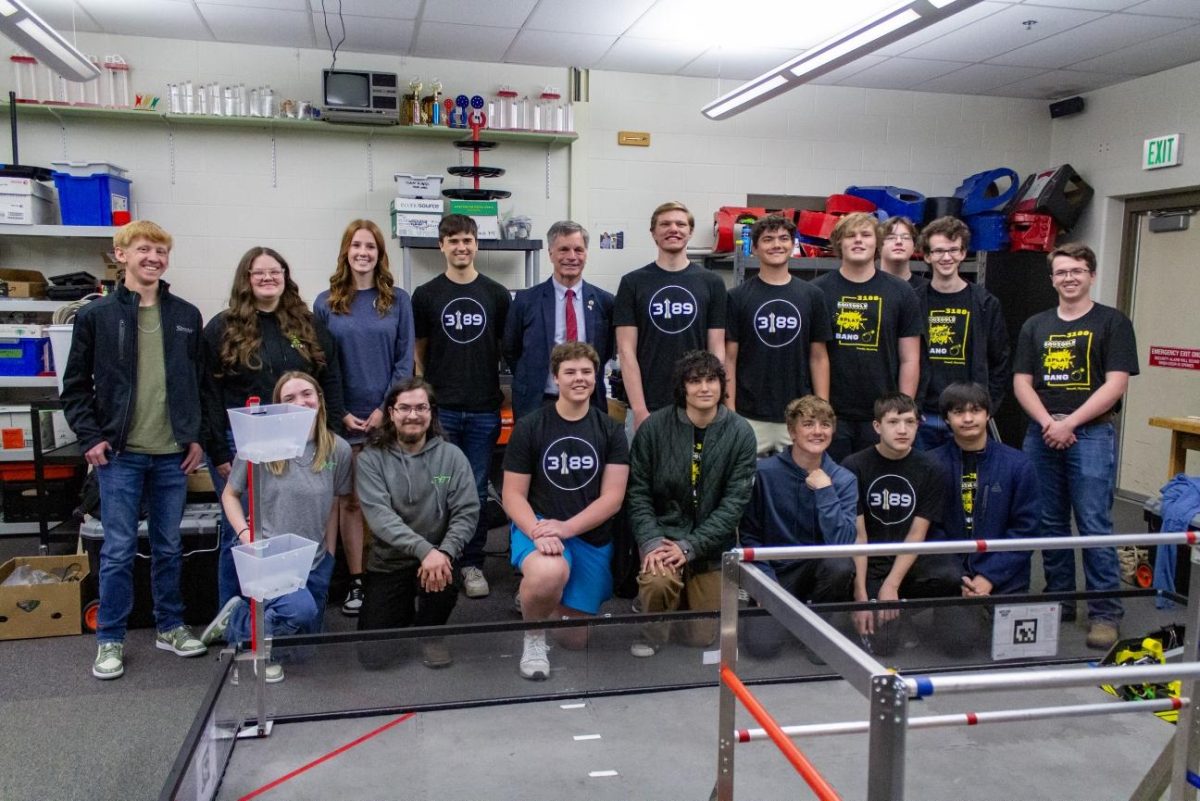
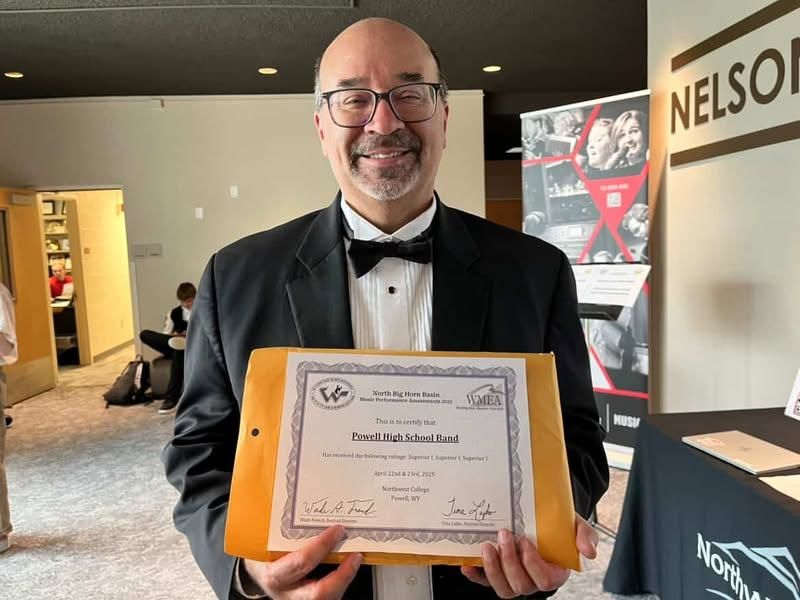
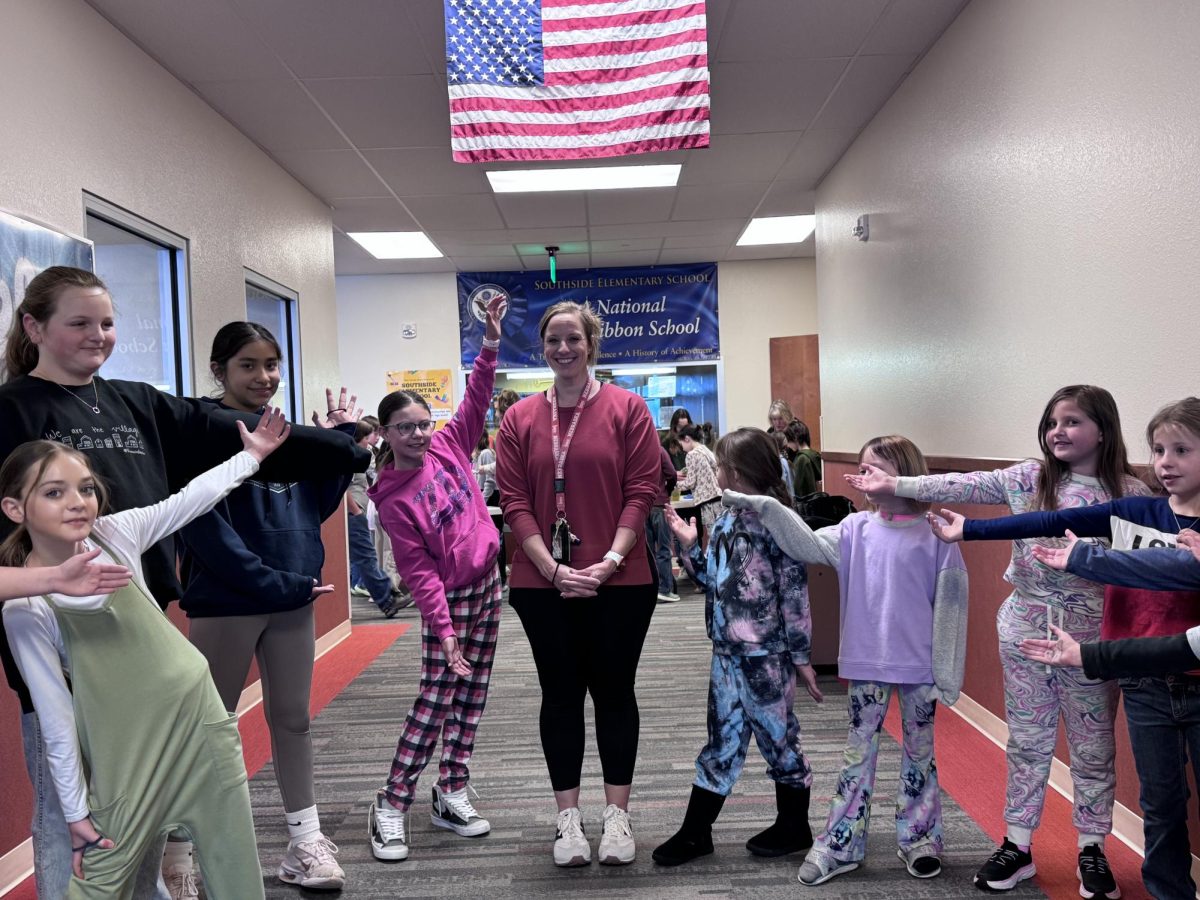
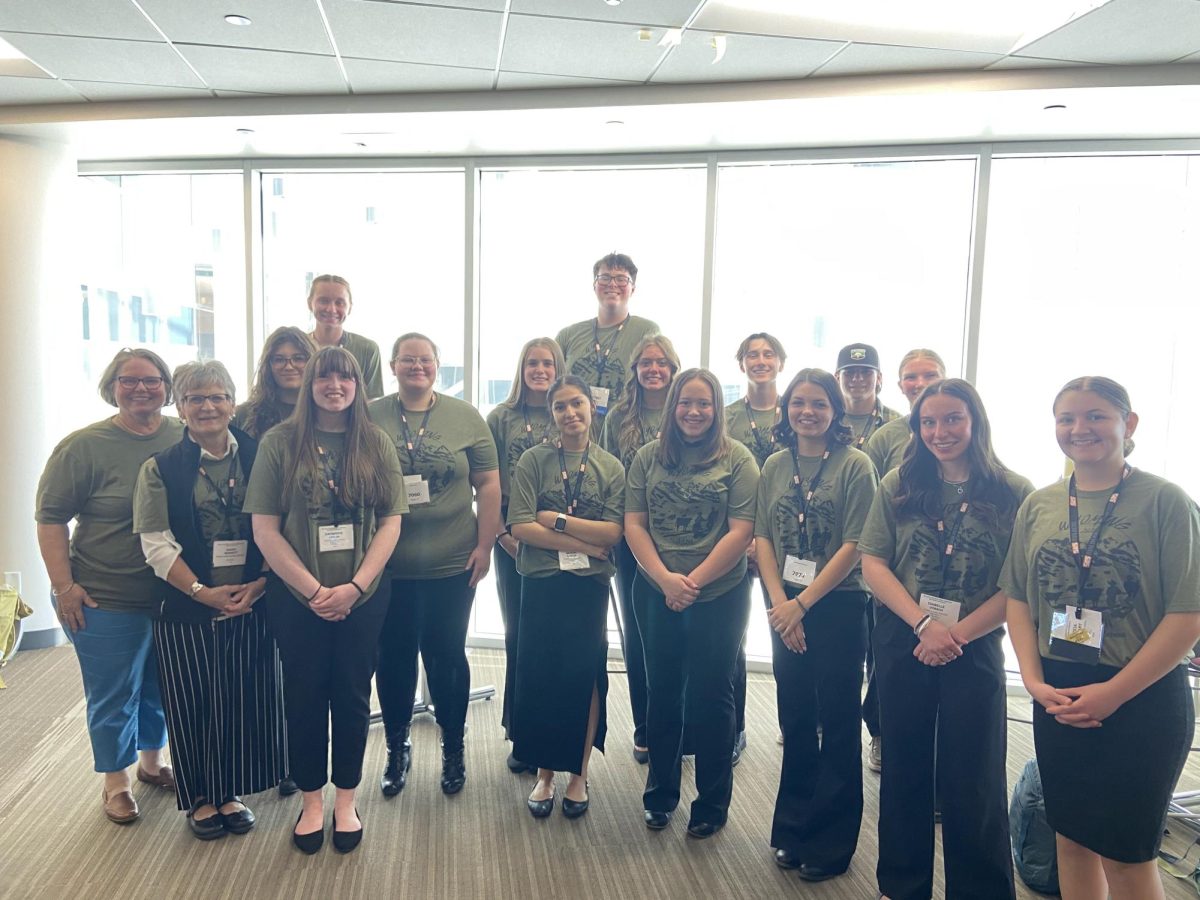
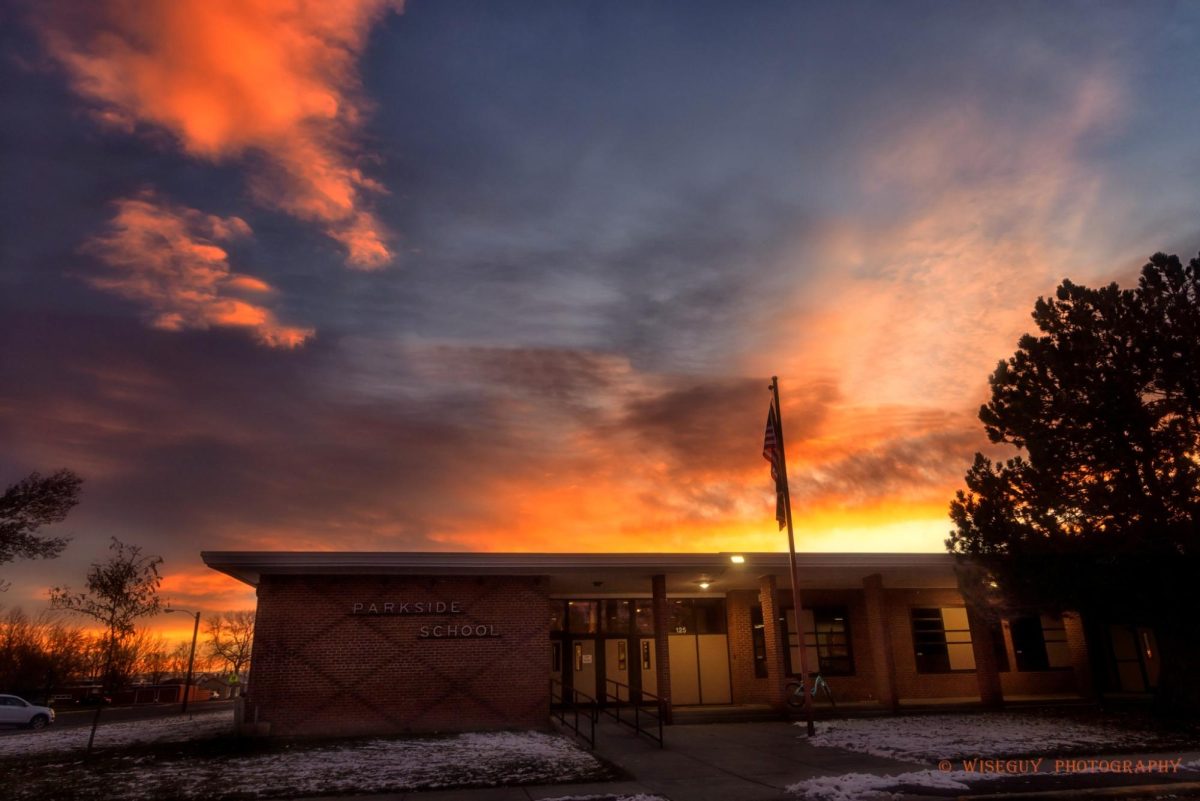
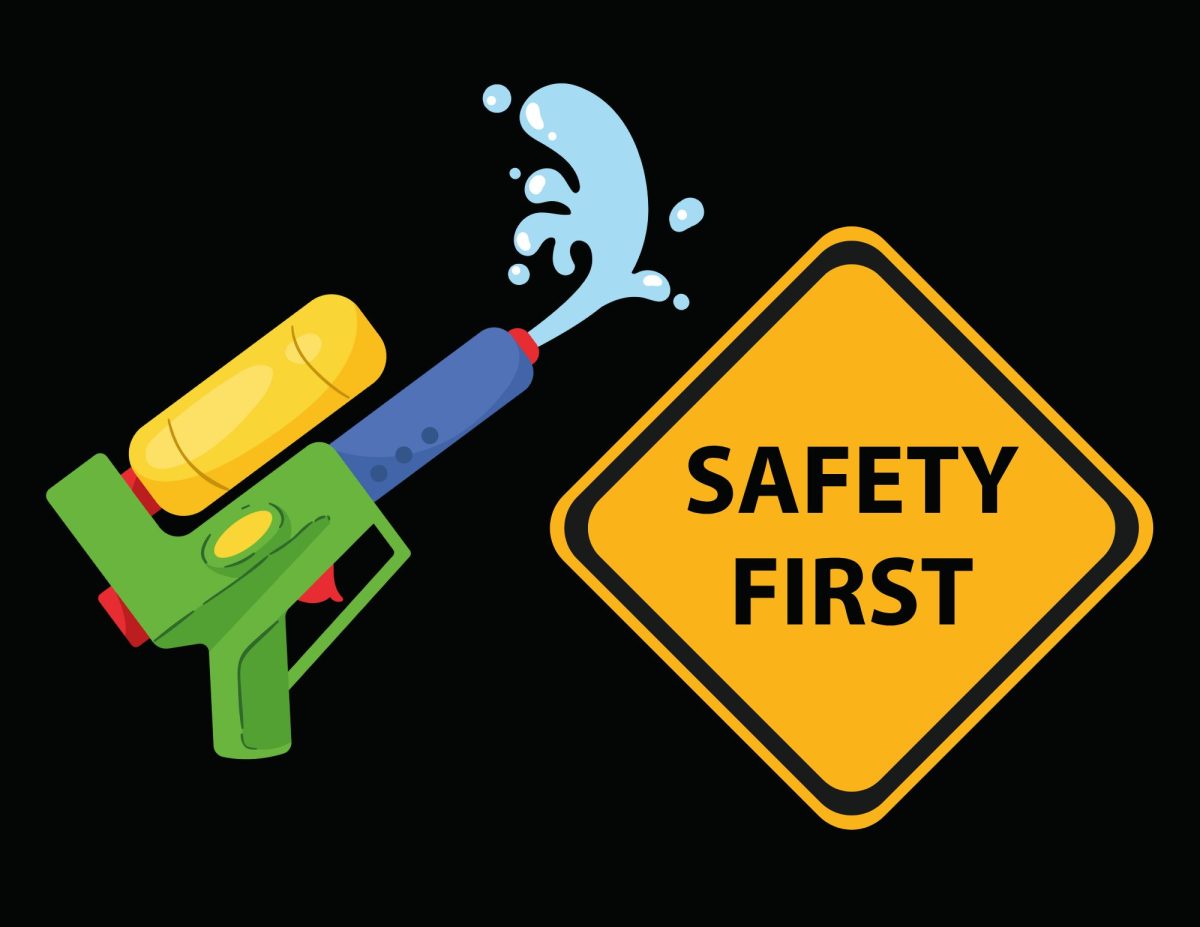
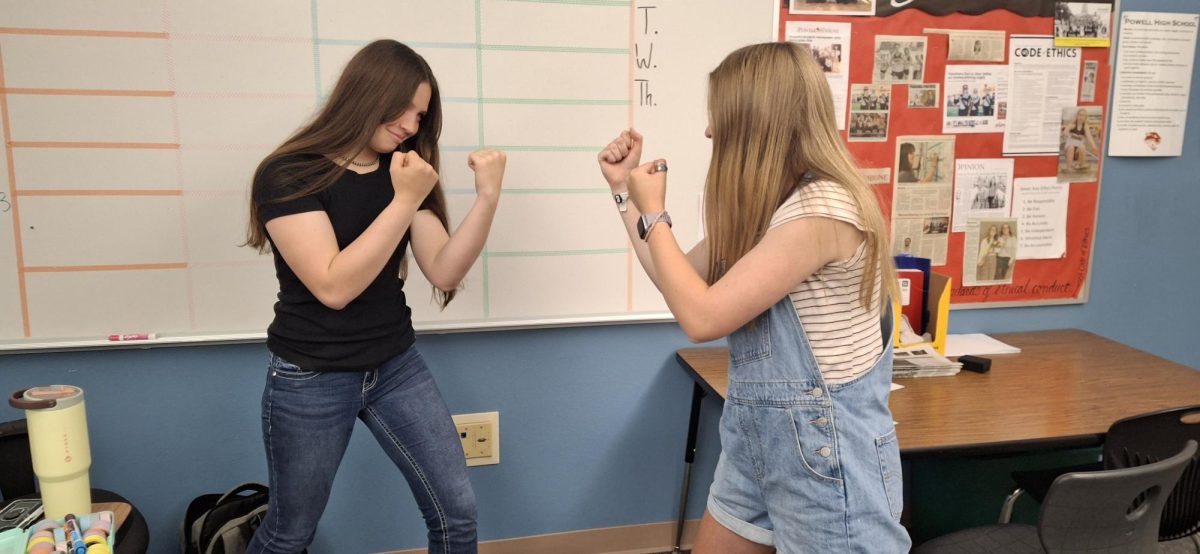

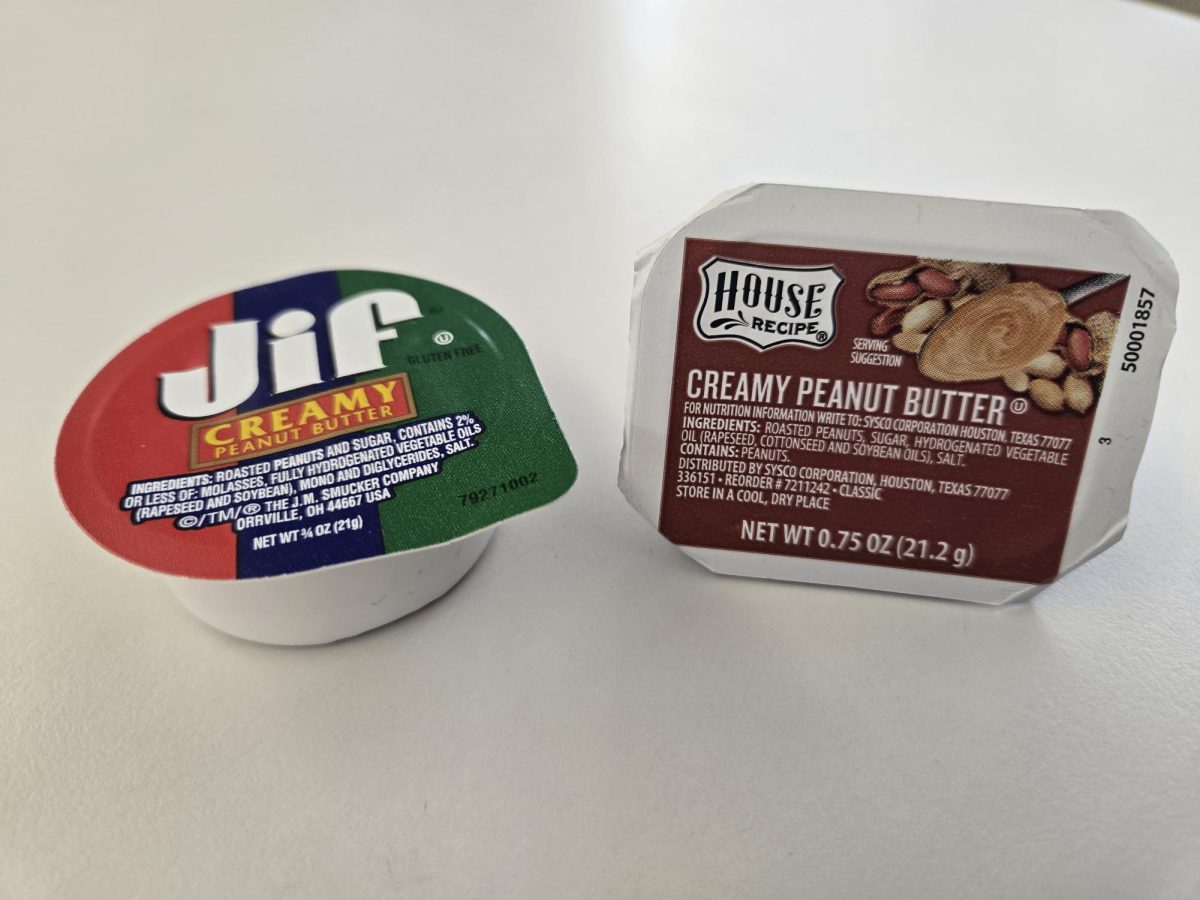


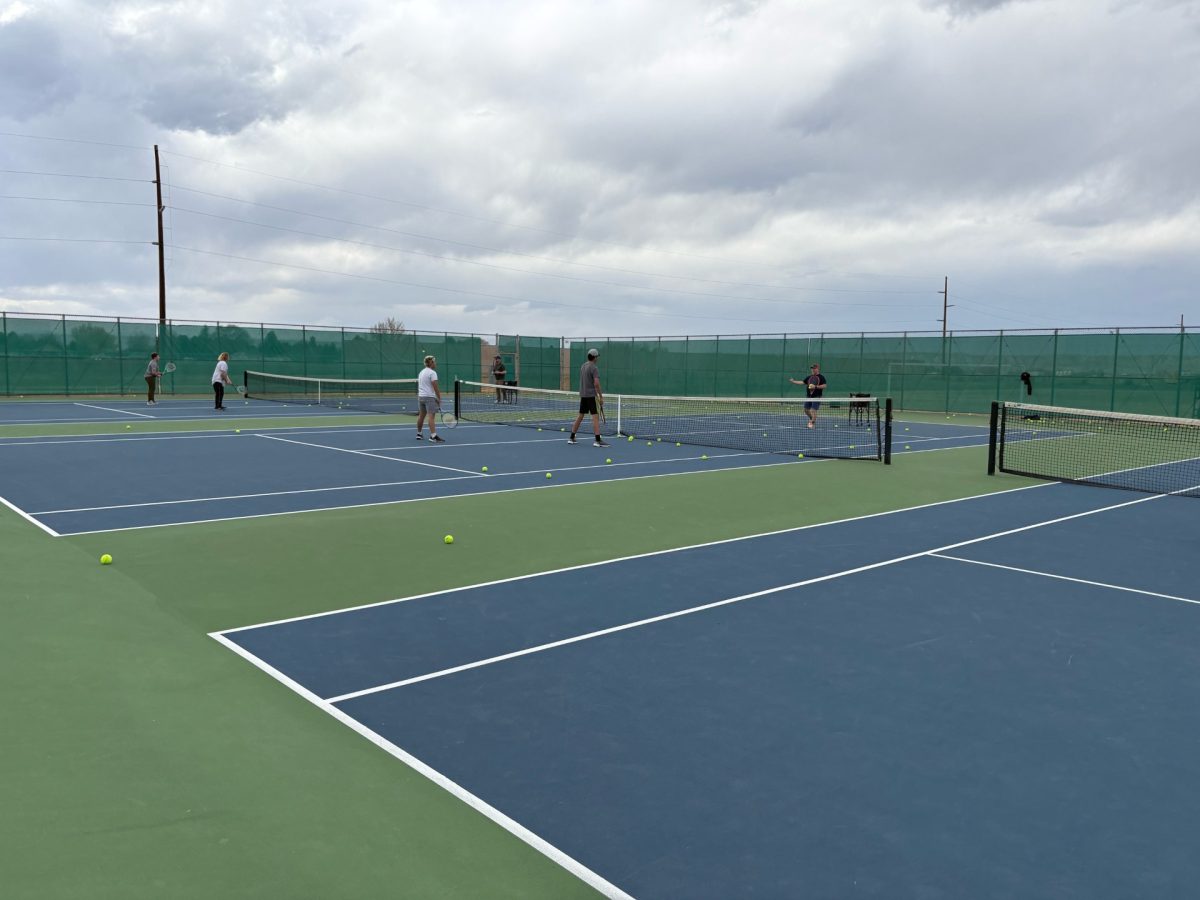

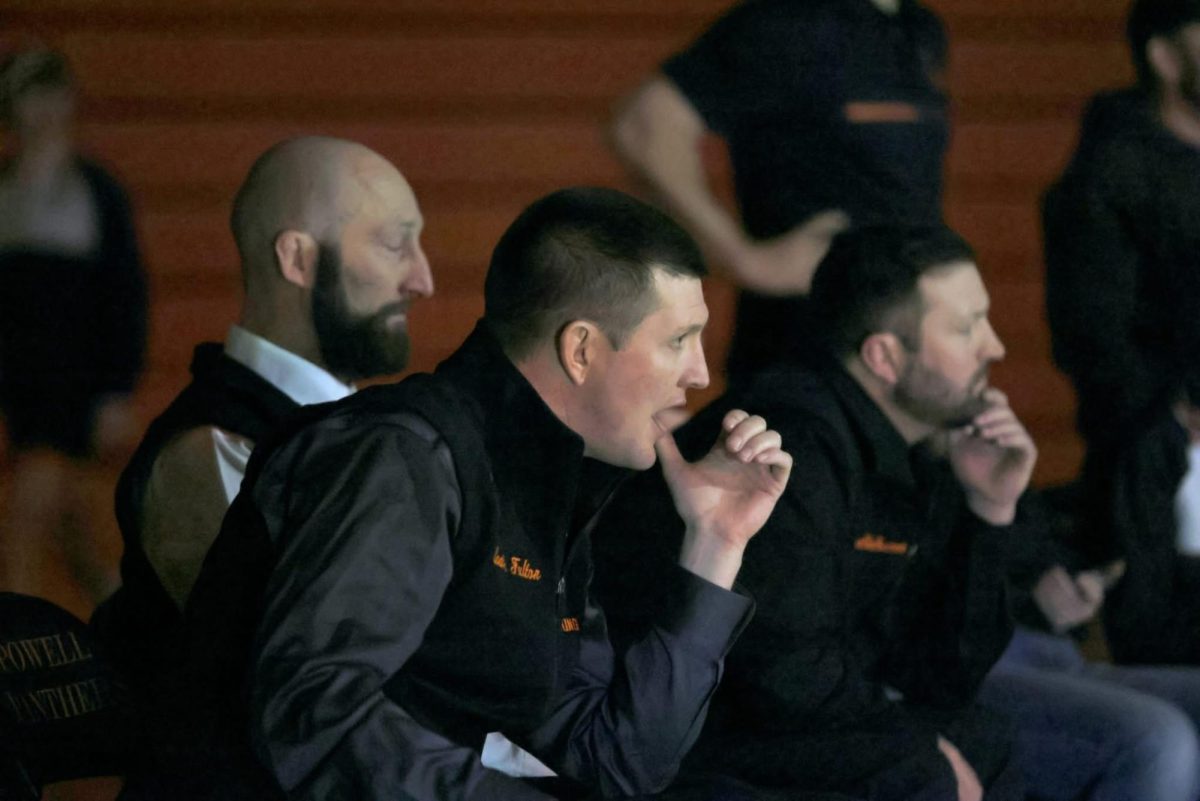
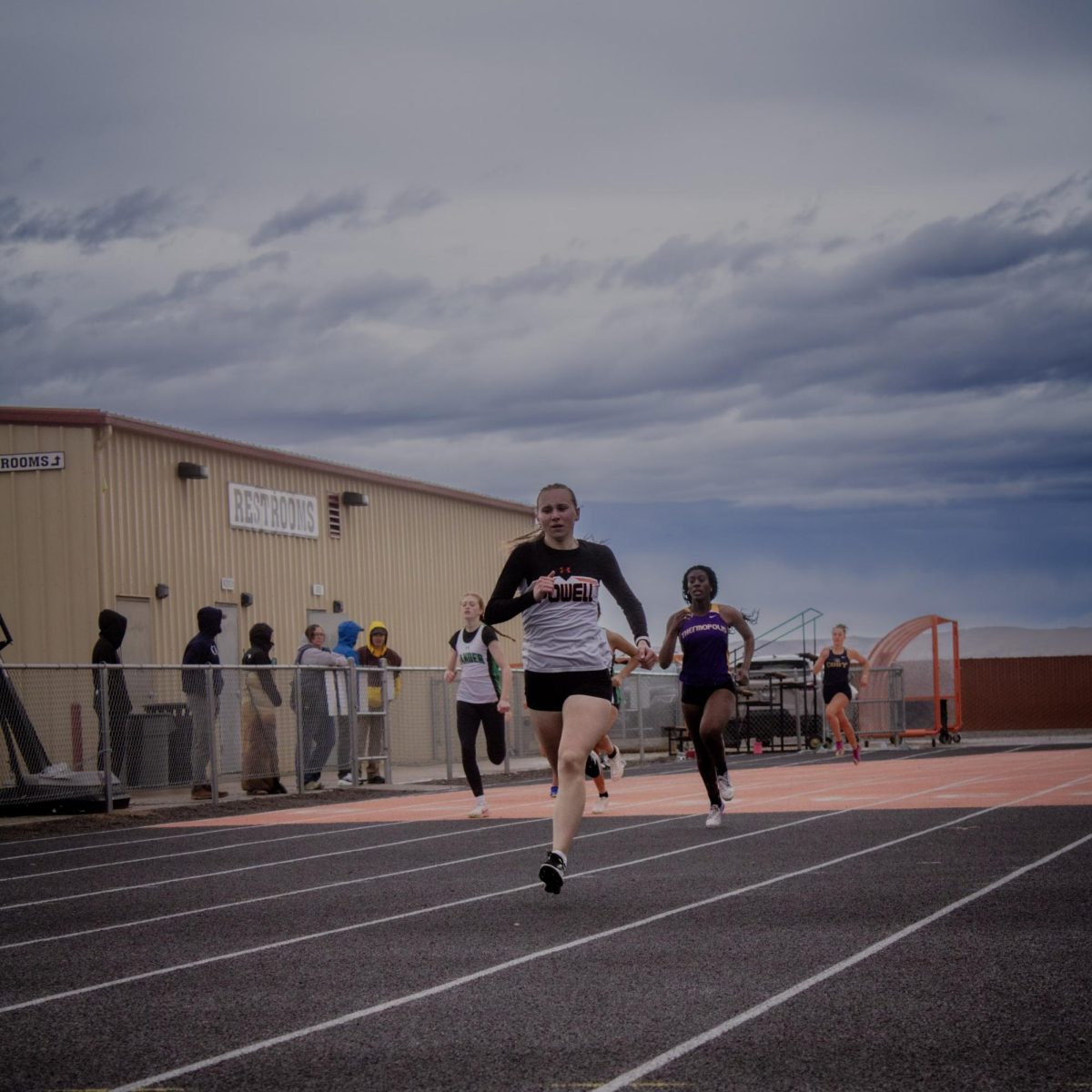



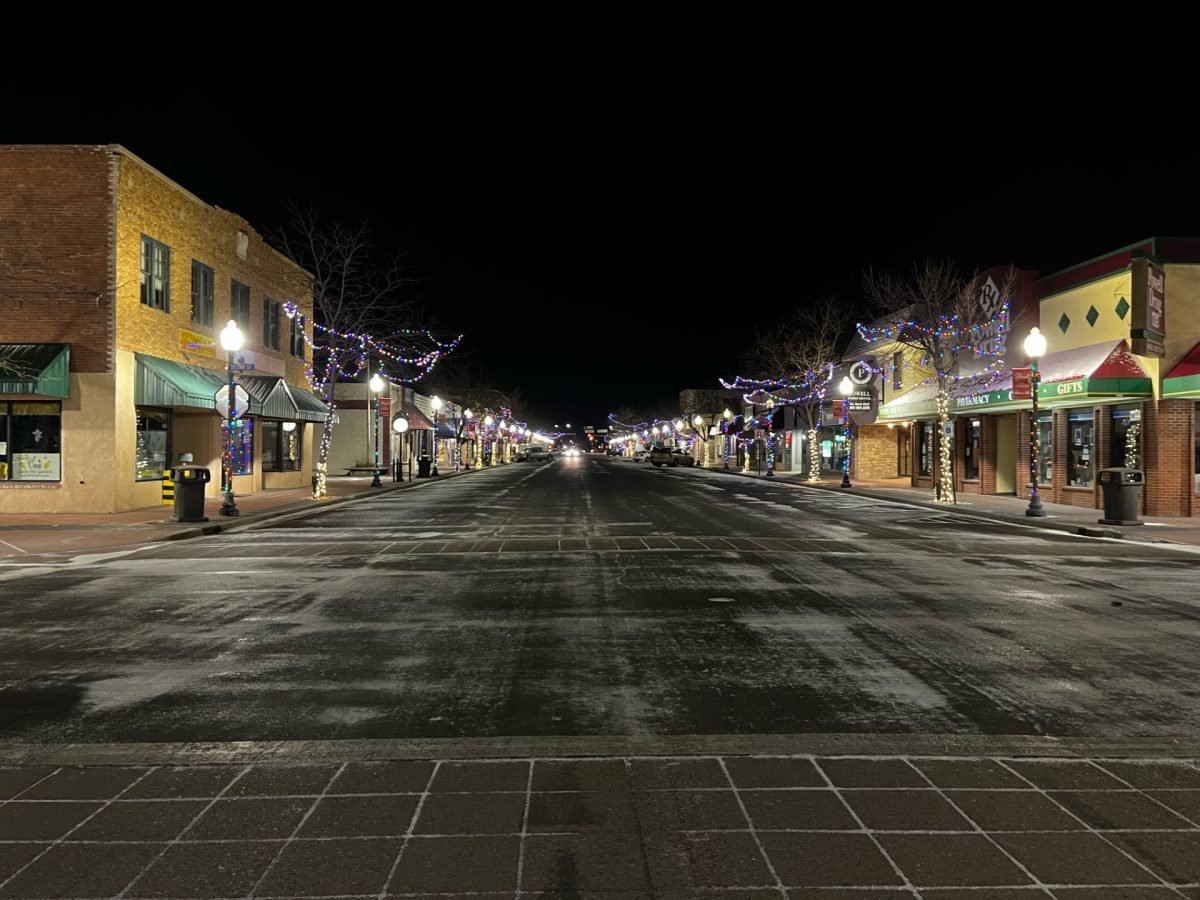
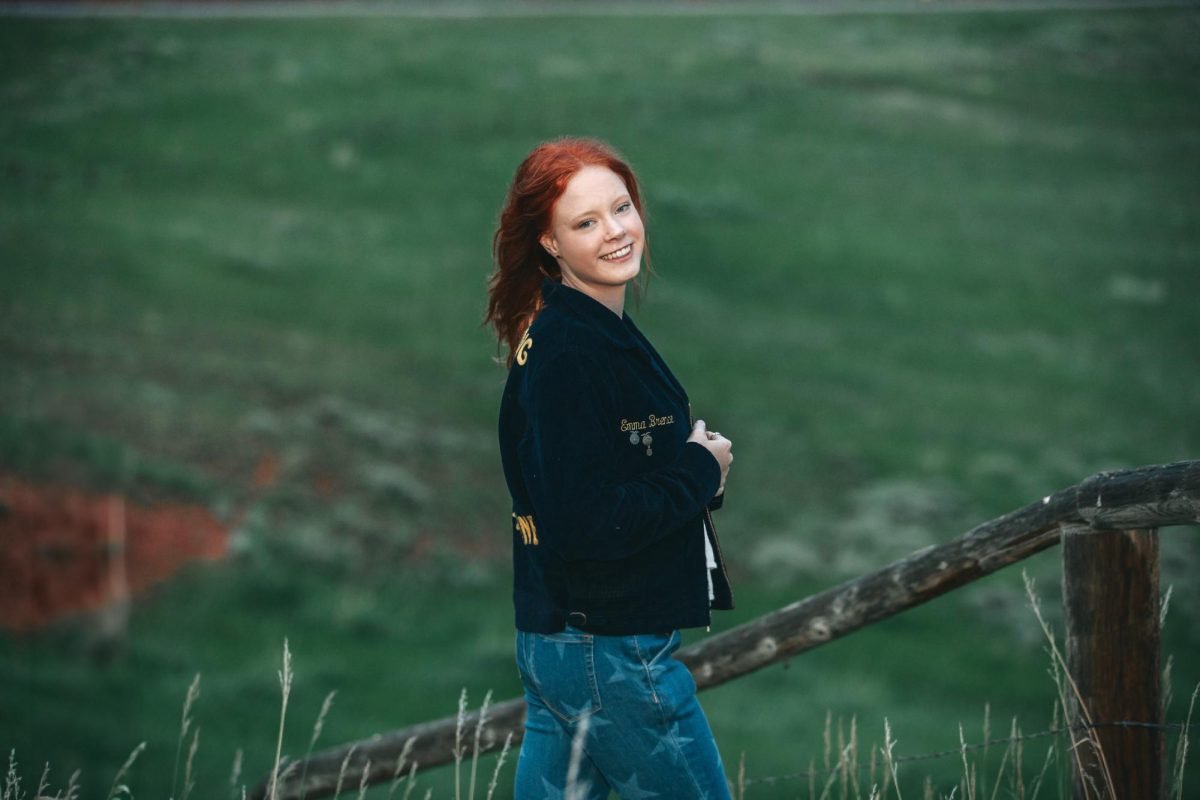
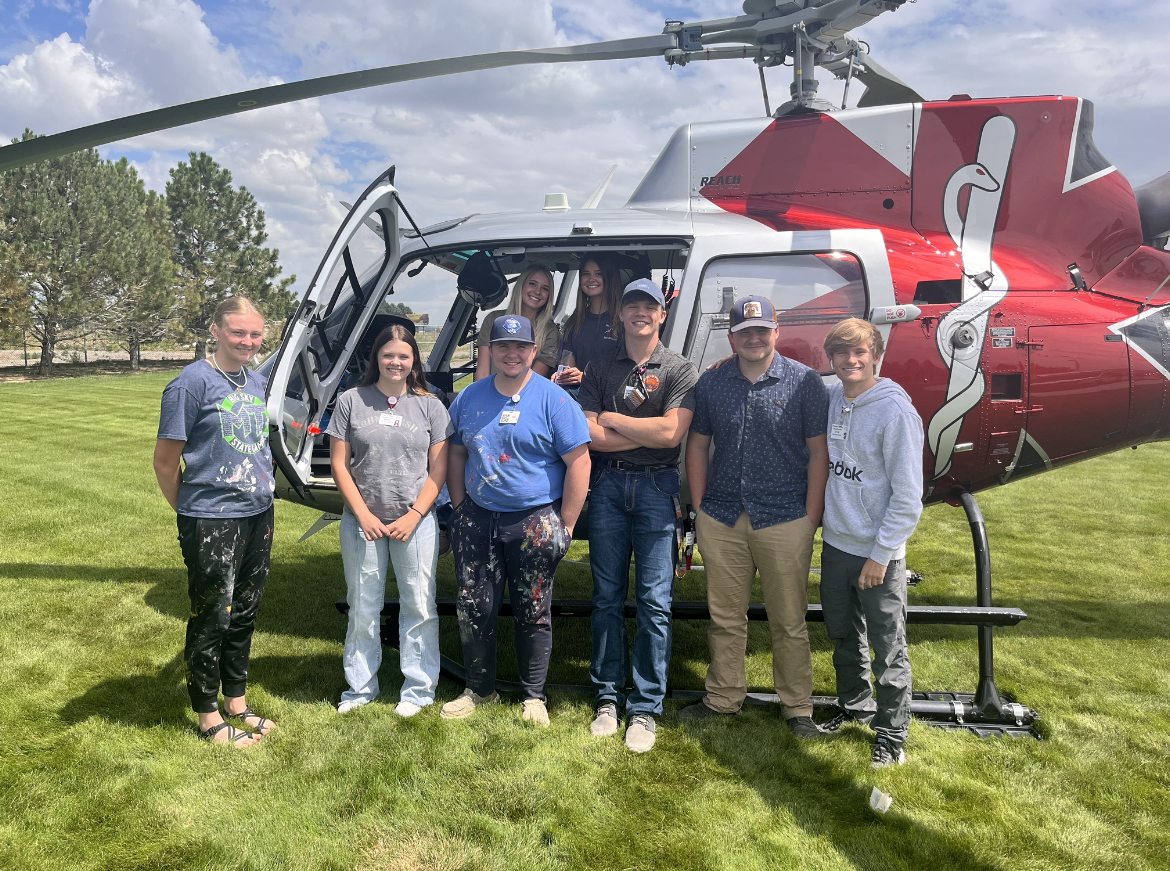
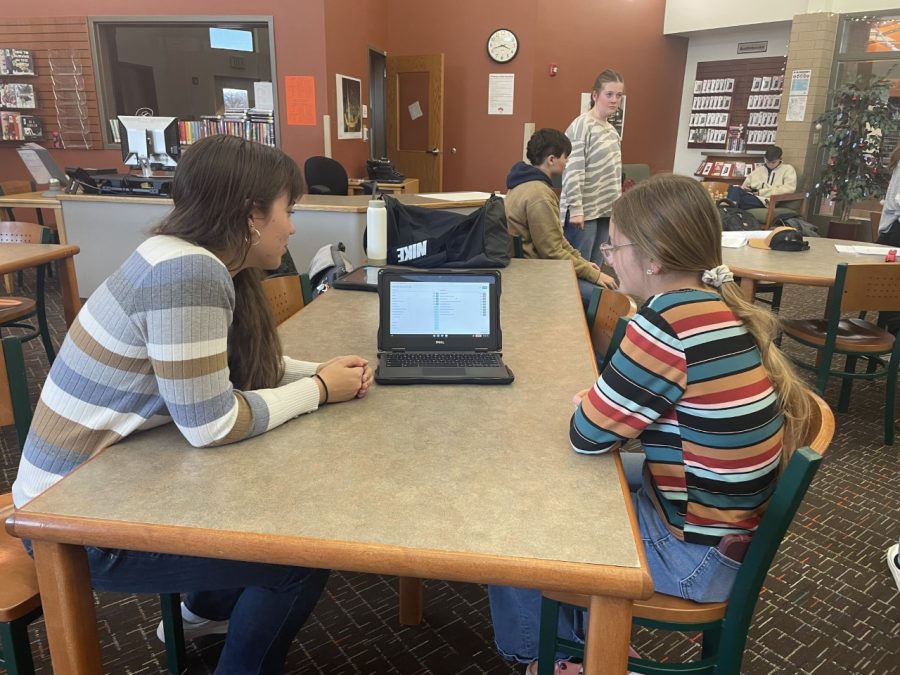



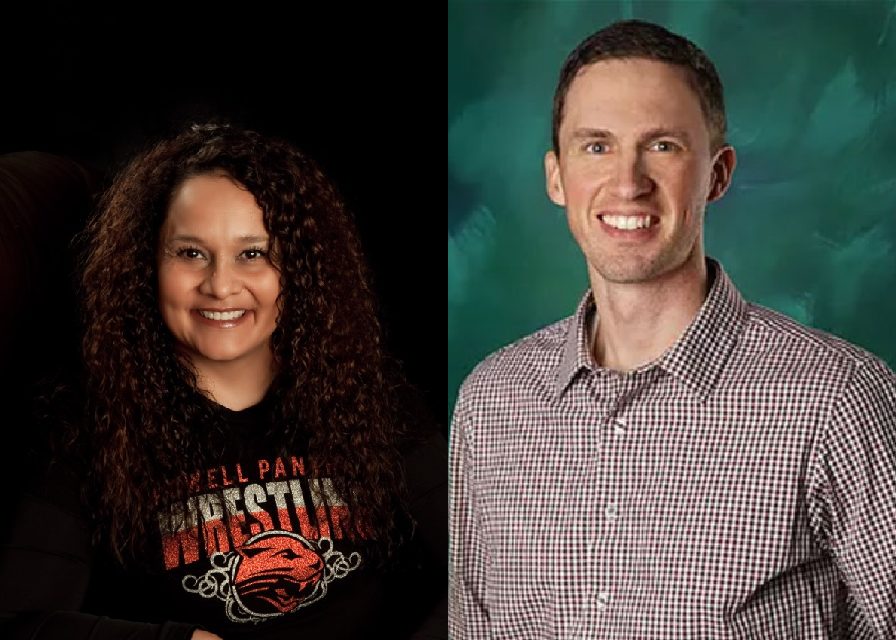
Brandon Preator • Nov 23, 2021 at 12:48 pm
Great, informative article! Thank you for the valuable data from relevant sources!